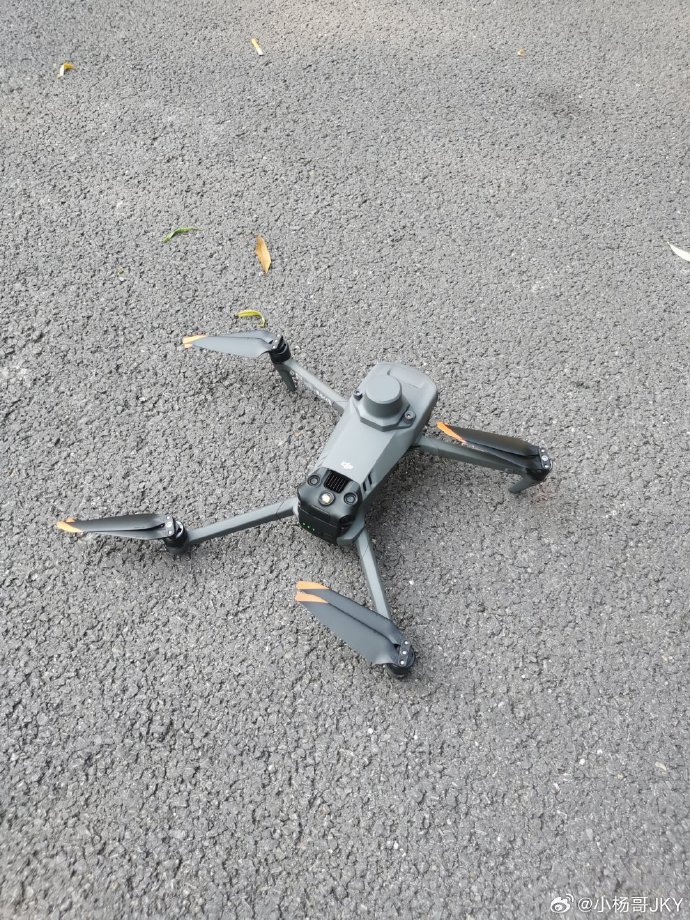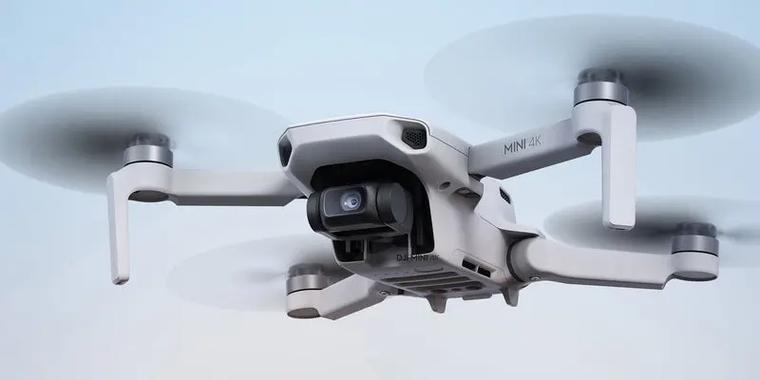Flying drones offers incredible adventures, from aerial photography to commercial surveying. However, obtaining a 107 drone license is crucial for those seeking to explore these opportunities legally and professionally. The 107 drone license, regulated by the Federal Aviation Administration (FAA), grants commercial drone operators the necessary certification to fly legally in United States airspace. Understanding how to obtain this license can unlock numerous opportunities for both hobbyist and professional drone pilots.

Understanding the 107 Drone Licensing Process
The process of securing a 107 drone license begins with studying FAA regulations and guidelines. It entails passing the Aeronautical Knowledge Test, usually at an approved FAA testing center. Comprehensive preparation is vital, as the test assesses understanding of various subjects, including airspace classifications, drone operation limitations, weather influences, and emergency procedures. A thorough grasp of these topics not only helps in becoming certified but ensures safe flight operations.
- Eligibility Requirements: To qualify, applicants must be at least 16 years old and possess a valid government-issued photo ID. They should be able to read, write, and understand English and have the physical and mental ability to safely operate a drone.
- Registration Protocol: All drones weighing more than 0.55 pounds must be registered with the FAA. This involves paying a small fee and ensuring proper maintenance and identification of the drone.
Preparing for the Knowledge Test
Preparation for the Aeronautical Knowledge Test is critical in obtaining your 107 drone license. It can include a combination of self-study and formal training. Numerous online courses and resources are available, designed to help potential candidates understand the intricacies of federal aviation regulations. Setting a study timetable and engaging with practice exams can significantly improve one’s chances of successfully passing the test.
Advantages of Holding a Drone License
Acquiring a 107 drone license opens a wide range of business prospects. Licensed drone operators can execute assignments for real estate photography, agriculture monitoring, event videography, and infrastructure inspection and even tap into drone delivery services. Essentially, it provides a legal framework to monetize one’s passion for drone technology, opening channels previously unattainable without proper certification.
Regular updates from the FAA ensure licensed operators stay informed about new regulations. Being connected with drone communities can also enhance knowledge sharing and networking, critical for business growth and compliance.
It’s important for drone pilots to consistently adhere to regulations to avoid fines or penalties. Additionally, keeping up with advancements in drone technology can further enhance the value one offers to clients.
FAQs Related to 107 Drone License
- What if I fail the Aeronautical Knowledge Test?
- If unsuccessful, you may retake the test after waiting for a period prescribed by FAA guidelines. Utilizing additional study materials can help improve your score on subsequent attempts.
- Can the 107 drone license be used internationally?
- The license is primarily recognized in the U.S. However, when operating drones in other countries, familiarizing yourself with local aviation regulations is crucial, as they might differ from FAA standards.
- Is renewal required for the drone license?
- Yes, the 107 drone license must be renewed every 24 months. This process keeps operators up to date with any changes in aviation regulations and ensures safety standards are maintained.

Embarking on the journey to obtain your 107 drone license is both empowering and rewarding, tapping into an expanding industry that continues to innovate.